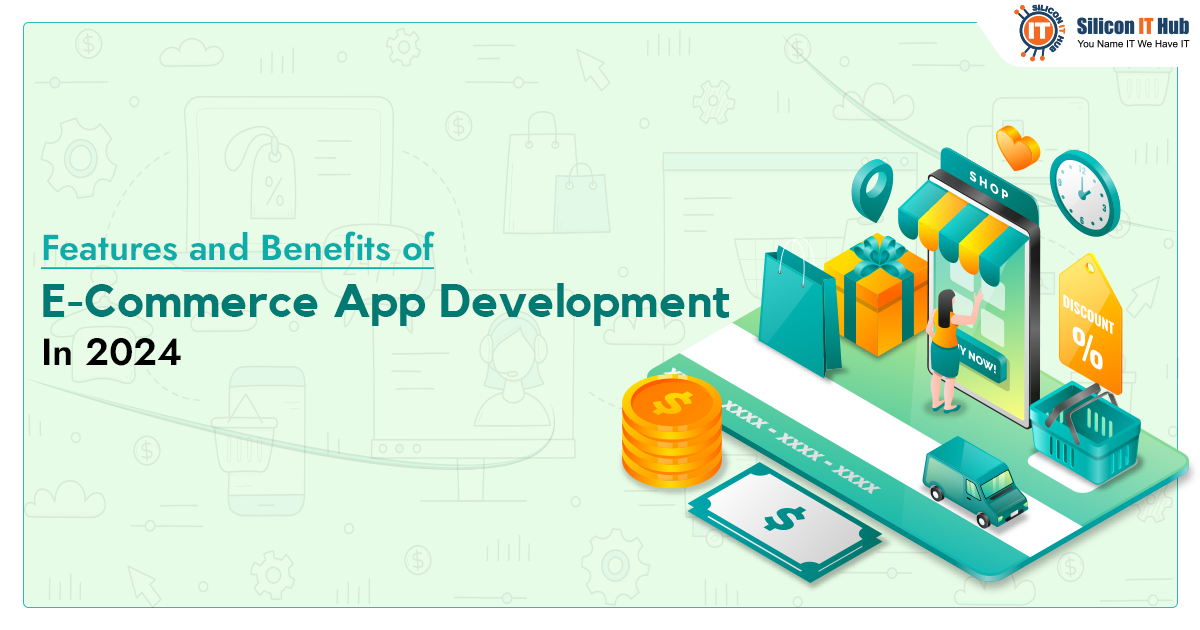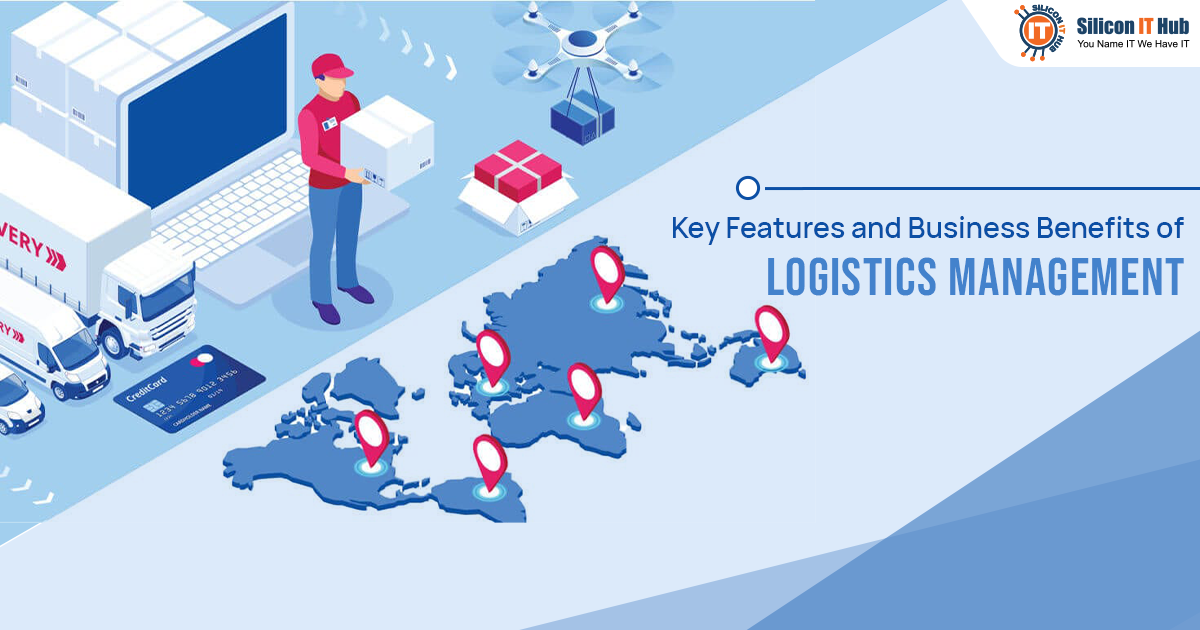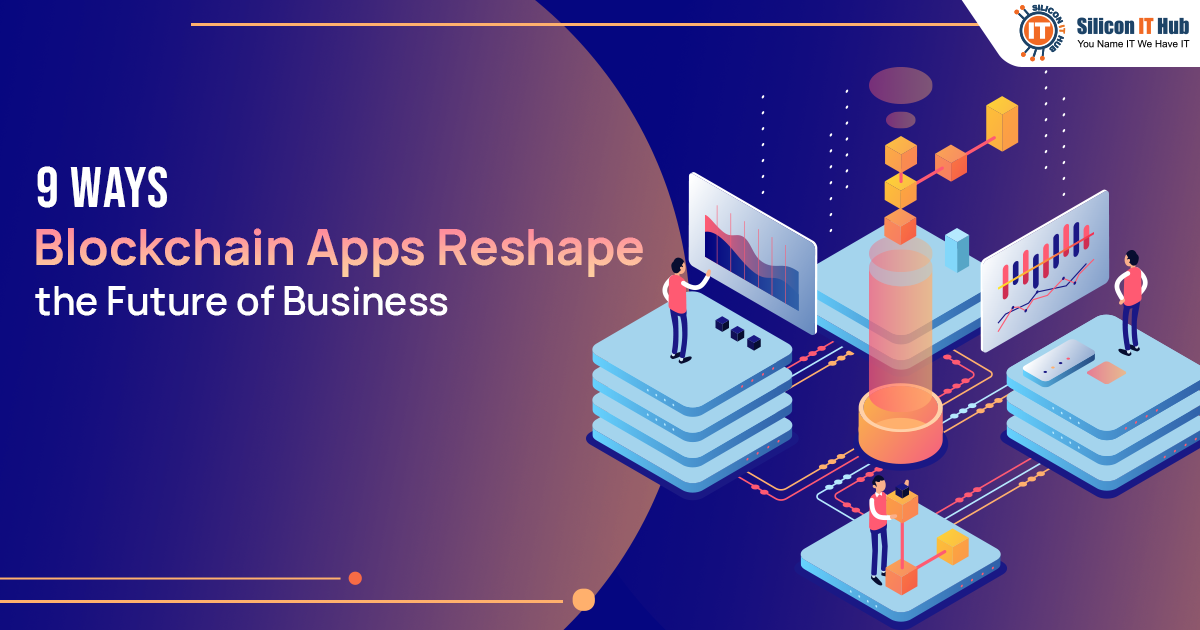

Key Features and Benefits of E-Commerce Apps You Should Know

Introduction
What makes Amazon stand apart from other brands that have presence in limited regions? Well, a feature-rich app with excellent experience has played a crucial role in making it popular worldwide. As a result, Amazon was the most popular eCommerce retailer in both the US and the UK in 2022. In this post, we will see the E-Commerce app development guide from the perspective of a mobile app development company.
Before moving ahead, let’s understand the eCommerce sector’s scope and importance of a dedicated app to gain success in it.
As per the recent survey, the global eCommerce market is expected to surpass $8.1 trillion by the year 2026. As more people tend to search and shop using smartphones, the role of eCommerce app becomes more vital for the growth of eCommerce sector. It is fair to mention that an eCommerce app with the necessary features is essential for ensuring efficient performance of your online business.
A mobile app development company can make a customized app that can benefit retailers irrespective of the scale of their business. An eCommerce app can enable companies to offer improved customer services and make meaningful decisions based on the collected data. An app is useful for brand building and gain customer loyalty. Moreover, you can run promotional campaigns and spread awareness about new schemes in a personalized way.
Based on the target audience, we can classify eCommerce apps in five broad categories- Business-to-Business (B2B), Business-to-Consumer (B2C), Consumer-to-Business (C2B), and Consumer-to-Consumer (C2C) and eCommerce aggregator apps. Let’s go through some key features of tailored eCommerce apps.
7 Key Features of E-Commerce Apps Development
Here is the list of most common eCommerce app features. Whatever type of app a mobile app development company will make, the following features are essential in it-
Registration
A visitor or a customer can log in using an email or a phone number. Simple and easy registration process is essential for getting more customers.
Profiling
The profile management feature is one of the must-have features of eCommerce apps and it is useful in creating a user profile with necessary factors.
Product Details
It contains details of various products with appealing, HD images to attract more people and show them important information.
Ordering
It is necessary for tracking orders. It shows all tracking details within the app so that customers can know the real-time status of their orders.
Shopping Cart
It is also a must-have feature for an eCommerce app. It enables customers to save products they like and buy whenever they want.
Notifications
Real-time push notifications can spread awareness about new products, promotional offers, and other necessary information of your business.
Customer Support
An app-based customer support can attract more people as they can resolve their queries or give suggestions as and when they want.
Other important and value-added features include social media integration, filters, multilingual support, and voice search. Let’s understand the steps involved in eCommerce app development process.
7 Steps for E-Commerce App Development
A custom app development services provider follows the following steps for making a tailored eCommerce app.

Making a Roadmap
Also known as the conceptualization phase, it is the most critical stage that sets the foundation for the app’s success. When you hire mobile app developers from a reputed development company, they will follow the roadmap. It is essential to make an app to meet the medium to long-term objectives.
Selecting the Technology Stack
Evolving technology has many options to offer for developing a custom mobile app for all industry sectors, and the eCommerce is no exception! Usuallly, the mobile app development company can use technology stacks like HTML, CSS, JavaScript, and Vue.js or Node.js as front end and C#, PHP, Java, or Python for developing a backend of the app.
Designing UI and UX
After finalizing the development plan and selecting the technology stack, the next step is designing a UI and UX for your app. Here, a minimal design is always beneficial because it can enable app users to get rid of a crowded experience. Clear images, videos, buttons, and a simple navigation are some of the important factors for deigninging an appealing UI.
Developing an Application
This is a highly crucial step. Selection of the platform like iOS , Android , or cross-platform and technology stacks leads to the development phase. It is fair to mention that mobile app development cost has multiple factors including the platform, number of developers, and the hourly rate of developers.
Testing and QA
It is an essential step to ensure the app’s performance and overall quality. Be it security or functionality, testing and QA can ensure that your eCommerce app does not face any issues. Moreover, QA will ensure that your app follows the prevalent standards and rules recommended for global eCommerce businesses.
Launching Application
It is the last stage of eCommerce app development process. After having a rigorous testing, it is time to launch your application. Whether it is Android, iOS, or a cross-platform app, your eCommerce app should meet the requirements of respective operating systems. Most mobile app development companies consider the development project till the app’s deployment.
Post-launch Maintenance
What makes an app unique and popular? The answer is regular updates. As an additional service, app support and maintenance is useful for this reason. You can keep the app upgraded with new features and functional improvements to make it more popular over the period. This post-launch maintenance is also beneficial in finding the mistakes or bugs in advance.
Top Benefits of E-Commerce Applications
It is interesting to jot down that 7. 4 percent of total retail in the US came from mobile phones in the year 2022. Let’s make a list of the top reasons why your eCommerce business needs a dedicated application-
More Convenience
An eCommerce app enables customers to shop anytime and anywhere using their fingertips. An app can enable them to remove the barriers of physical store and give more convenience.
Wider Reach
Businesses can reach a wider audience across the world even if they do not have physical presence in multiple locations. E-commerce companies can also explore new markets.
24/7 Availability
Unlike physical stores, eCommerce stores are set to open 24/7, and a feature-rich, user-friendly app can serve this objective effectively.
Personalized Approach
E-commerce apps aim to offer personalized shopping experiences based on the customer’s data. It can give product recommendations and tailored promotions.
Efficient Management
Real-time inventory tracking and insights can ensure efficient management in the warehouse. E-Commerce companies can handle their stock effectively through insights.
Other benefits of eCommerce apps include cost-effectiveness and automation of several repetitive tasks.
Concluding Remarks
The eCommerce space witnesses a tremendous growth in popularity globally. However, the business owner should have a feature-rich app to leverage the advantage of the expanding eCommerce world. Hope this step-by-step guide will assist you to understand the eCommerce app development process. It is, however, always advisable to consult a reputed mobile app development services provider to get valuable suggestions and execute the process properly.
Silicon IT Hub is a renowned mobile app development services provider. Our in-house team of experienced developers can utilize the advancements ot emerging technologies like AI and VR to make an engaging eCommerce app. Whether you own a brick-and-mortar retail store or want to promote your business online, we offer the top-notch mobile app development services. Send us an email at info@siliconithub.com, and we will contact you shortly.
FAQs
Your Questions Answered about Key Features and Benefits of E-Commerce Apps
Latest Blog

Key Features and Benefits of Logistics Management Software
In this post, we will see the features, benefits, and trends in logistics management software. Before moving ahead, let’s understand logistics management and its importance. ...

NFT and Blockchain App Development Services- Aspects You Need to Know
In this post, we will cover the key benefits and disadvantages of NFTs with the highlight of future trends. Let’s understand the concept of NFTs and its importance in blockchain app development servic...

Top Business Benefits of Blockchain Application Development Services
In this post, we will dig deep into the benefits of blockchain app development for modern businesses....




